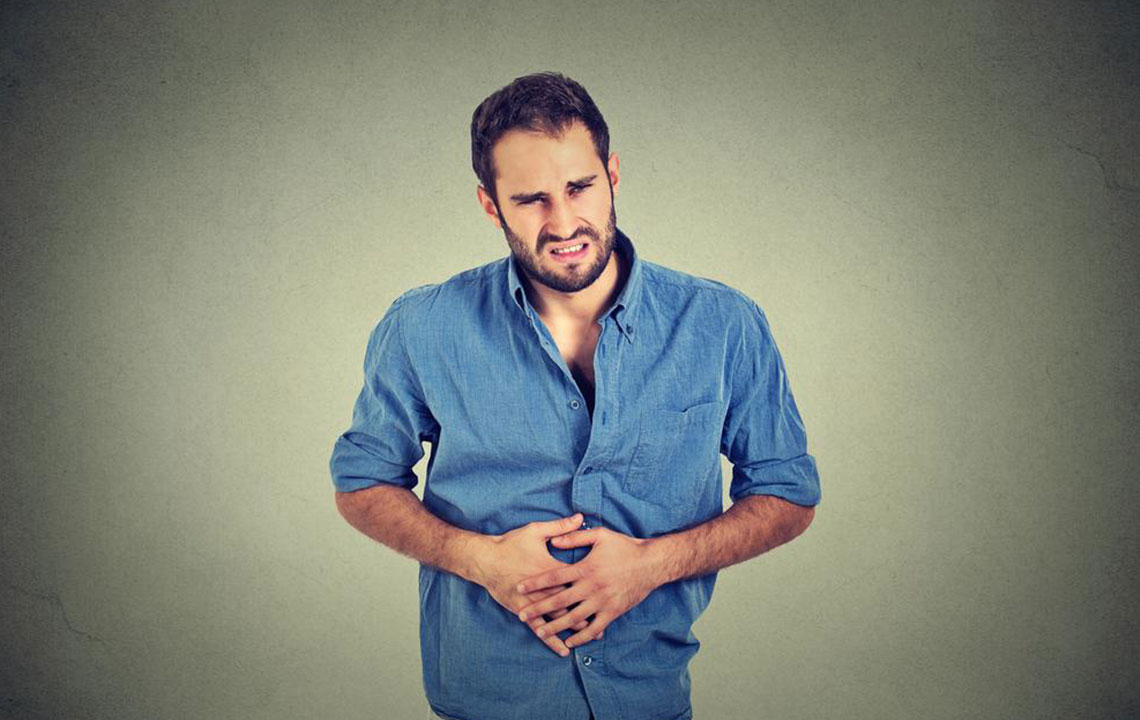Chronic Constipation – Causes, Symptoms, and Preventive Measures

The human body comprises 75% of water. On an average, people drink 7–8 glasses of water per day and most of the water is lost from our body in the form of stools. Drinking sufficient water helps to digest our food and prevents the hardening of the stool. Our body needs a lot of water for the normal functioning of the digestive system. Constipation occurs if people do not drink an adequate amount of water or if their fluid intake is less. Moreover, constipation occurs due to unnecessary retaining of stool in our body for a longer time. If it’s difficult, uneasy, painful, or infrequent to pass the stool it can lead to chronic constipation. Constipation is very common nowadays due to changes in one’s lifestyle, and it’s not considered as a disease but as one of the symptoms of a disease. Constipation is considered as one of the gastrointestinal disorders and it represents one of the major public health concerns. Constipation is more prevalent among women than men and it progresses with age. Constipation is related to colon and rectal diseases and it can affect other organs if medical supervision is not taken. Constipation affects the quality of our life, well being leading to stress and anxiety thereby weakening the immune system.
Causes of severe constipation
Constipation is difficulty in passing stools out of our body or irregularity in bowel movements. Causes of constipation range from various factors depending on dietary patterns, age, gender, exercise, and bowel habits.
– Lack of physical activity and exercise can lead to constipation. Lack of exercise or living a sedentary lifestyle can contribute to the same.
– Side effects of prescribed medicines, over-the-counter medicines, and a certain dosage of drugs can lead to constipation. Medicines or drugs alter our bowel movements causing its irregularity. Moreover, over-dependence on laxatives may cause the digestive system to become highly dependent on them.
– Poor dietary patterns and inactive lifestyle also contribute to constipation. Eating junk food, lack of fiber-rich foods like vegetables, fruits, cereals and grains, excess alcohol or caffeine, milk, dairy products, foods rich in sugar lead to constipation.
– Lack of water intake or other fluids in our everyday routine leads to difficulty in passing stool which contributes to chronic constipation.
– Moreover, hormonal imbalance can disturb our bowel movements. During menstrual cycle or pregnancy, high levels of estrogen and progesterone can affect constipation to a greater extent.
– People who lack fiber in their diet also face difficulties in passing stools from the anus, thereby adding increased pressure on the rectum.
– People who suffer from irritable bowel syndrome have more chances to acquire constipation as compared to others.
– Our metabolism also slows down with age resulting in a reduced functioning of intestinal activity. This can cause the digestive tract to not function properly, which can lead to severe constipation.
Symptoms of severe constipation
Irregular bowel movements, such as thrice a week, can suggest chronic constipation. Following are a few common symptoms of severe constipation:
– One might experience excruciating pain when straining or putting excess pressure while passing stool through anus
– Difficulty in passing stool is another indication of severe constipation
– The appearance of hard and lumpy tools is one of the significant symptoms of constipation.
Preventive measures for severe constipation
Generally, constipation occurs due to the slow retention of digested food through the digestive system. Doing regular exercise, brisk walking, etc. can overcome the problem of constipation and help regulate the metabolism of our body. The following pointers are some preventive measures you can use for severe constipation.
– Stool softeners, such as laxatives, help the small intestine and colon to expand rapidly thereby enabling stool to pass easily through the rectum
– In some cases, surgery may also be recommended to provide relief for patients suffering from severe constipation.
– Constipation can be prevented by the effective functioning of our digestive system thereby stimulating our immune system.
Diet for people suffering from severe constipation
In most cases, constipation can be overcome by making changes in one’s lifestyle. There are variety of foods a person can consume to help solve the problem of constipation.
– Fiber-rich foods should be consumed on daily basis. Sweet potatoes have high amounts of fiber content, specially its skin, which can help to relieve the person suffering from severe constipation. Other foods like popcorn, whole grains bread, nuts, flaxseeds, etc. can also be included in our diet.
– Coffee helps the gastrointestinal tract to contract thereby causing stools to pass easily from the rectum. It helps to regularise our bowel movements.
– Fruits like oranges, kiwi, grapes, apple, etc. if included in our diet can help to overcome constipation.
With a few preventive measures and certain changes in one’s lifestyle, you will be able to get relief from constipation.


